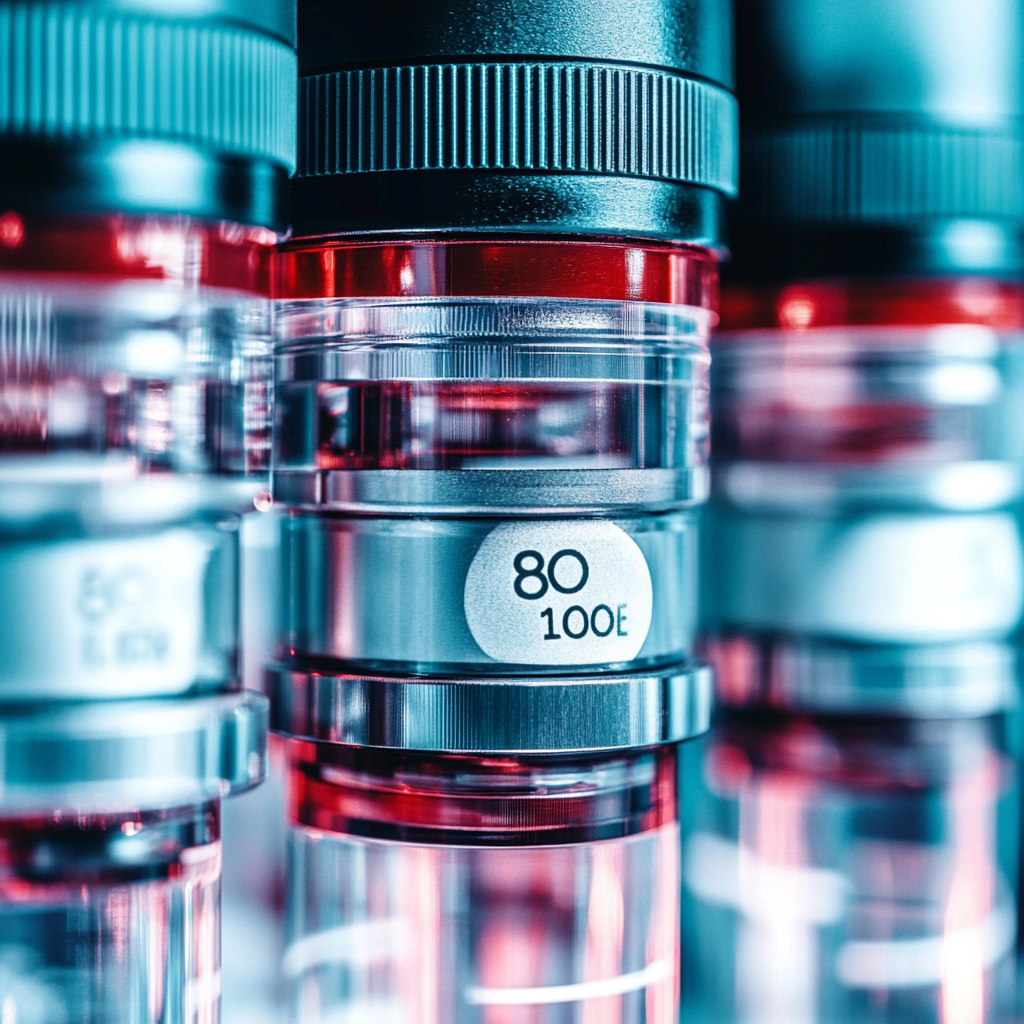J Dermatolog Treat. 2025 Dec;36(1):2540594. doi: 10.1080/09546634.2025.2540594. Epub 2025 Jul 31.
ABSTRACT
INTRODUCTION: Acne vulgaris is a chronic inflammatory skin disease, and the inflammatory cytokines play a significant role in its pathophysiology. At present, oral isotretinoin is considered as the most effective treatment for acne. However, its specific anti-inflammatory mechanisms are only partially understood.
METHODS: The research included 75 patients with acne severity levels II, III and IV together with 25 healthy participants in this prospective controlled clinical trial. Patients received 20 mg/day oral isotretinoin for eight weeks. The research team evaluated inflammatory cytokine levels (IL-8, IL-36, TNF-α, TSLP, and TWEAK) at the beginning and end of the study.
RESULTS: The levels of IL-8, IL-36, TNF-α, TSLP, and TWEAK were found to be significantly higher in acne patients as compared to controls (p < 0.05). IL-8, IL-36, and TWEAK levels were found to be significantly decreased after 8 weeks of isotretinoin treatment (p < 0.05). There was no correlation found between the severity of acne and inflammatory cytokine levels (p > 0.05).
CONCLUSION: The anti-inflammatory effects of isotretinoin in acne patients result from its ability to decrease serum levels of inflammatory cytokines (IL-8, IL-36, TNF-α, TSLP, and TWEAK).
PMID:40739900 | DOI:10.1080/09546634.2025.2540594
